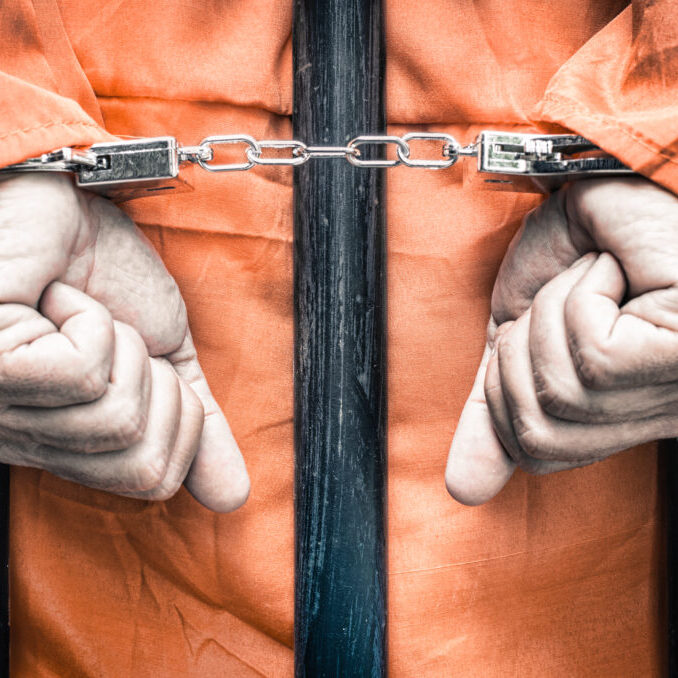Insights < BACK TO ALL INSIGHTS
A Luigi Mangione Death Penalty Trial
FEATURED
April 15, 2025
A Luigi Mangione Death Penalty Trial
By: James Trusty
The Attorney General’s recent announcement that DOJ will seek the death penalty against Luigi Mangione raises a host of interesting legal and philosophical issues, and it almost certainly reflects a dramatic about-face from the Biden administration’s approach towards federal prosecutions for death-eligible offenses. Aside from having personally prosecuted three death penalty trials while I was an Assistant U.S. Attorney in Maryland and when I was Chief of the DOJ Organized Crime and Gang Section, I spent a number of years on the Attorney General’s Capital Review Committee (“CRC”). The Committee was comprised of a number of “grey heads” who had personally handled death penalty cases and who developed a solid working knowledge of the intricate field of capital litigation. Ultimately,…
Trouble in Paradise: White Lotus Character’s Legal Woes Illustrate Civil Forfeiture’s Overreach
April 14, 2025
Trouble in Paradise: White Lotus Character’s Legal Woes Illustrate Civil Forfeiture’s Overreach
By: Abbey Block
Last Sunday, millions of viewers tuned in to watch the season finale of White Lotus – a widely popular show that centers around the week-long vacation of several ultra-wealthy patrons of the fictional “White Lotus” resort in Thailand.[1] The show follows a dynamic cast of quirky characters as they navigate their opulent getaway. One of those characters in this most recent season was Timothy Ratliff…
Amending Arbitration Clauses – No Notice, Big Problem?
April 8, 2025
Amending Arbitration Clauses – No Notice, Big Problem?
By: Robert Ward
Many websites’ terms and conditions allow online service providers to make changes without providing prior notice to users. Often, the terms state that the user agrees to read the terms and conditions, and that continued use of the website constitutes acceptance of any modification. A recent Fourth Circuit decision highlights the potential risk that such unilateral change-in-terms provisions might pose to another common feature of…
Is Unsealing False Claims Act Complaints the Right Answer?
August 3, 2011
Is Unsealing False Claims Act Complaints the Right Answer?
By: Ifrah Law
Companies should make vigorous efforts to unseal civil False Claims Act complaints against them earlier in the process in an effort to achieve better results, argues Michael K. Loucks, a former acting U.S. attorney for the District of Massachusetts who is currently a Boston-based partner in a major law firm. Loucks also co-authored a post on his firm’s website, further explaining why companies should take…
Illinois Court Ruling Upholds State’s New Video Gaming Act
August 2, 2011
Illinois Court Ruling Upholds State’s New Video Gaming Act
By: Ifrah Law
In a 7-0 decision, the Illinois Supreme Court recently upheld legislation that will allow video gaming in the state for the first time. Earlier this month, the court ruled in favor of the Illinois legislature’s 2009 omnibus bill for funding capital projects that included the Video Gaming Act. The legislation had been challenged by Chicago Blackhawks owner and liquor distributor Rockwell Wirtz as violating the…
Court: Prosecutors Need to Probe Witness’s Veracity When Challenged
July 25, 2011
Court: Prosecutors Need to Probe Witness’s Veracity When Challenged
By: Ifrah Law
On June 17, 2011, the U.S. Court of Appeals for the 7th Circuit ruled in United States v. Freeman that federal prosecutors in criminal cases have an affirmative duty to investigate the viability of a defense challenge regarding whether a cooperating witness could be lying on the stand. This requirement, as expressed in this new opinion, differs from and goes well beyond the well-known existing…
Journalist Challenges DOJ Subpoena, Claims Reporter’s Privilege
July 20, 2011
Journalist Challenges DOJ Subpoena, Claims Reporter’s Privilege
By: Ifrah Law
James Risen, an investigative journalist for The New York Times, is currently challenging a subpoena issued by the U.S. Department of Justice seeking testimony from him against a CIA agent accused of leaking classified information. The subpoena highlights a trend in which the government attempts to use journalists’ testimony against government employees who reveal information in exchange for anonymity. Risen, citing reporter’s privilege, is seeking…
Massachusetts Cracks Down on Gambling at Internet Cafes
July 15, 2011
Massachusetts Cracks Down on Gambling at Internet Cafes
By: Ifrah Law
Last month, citing evidence that illegal gambling was going on at “Internet cafés” throughout the state, Massachusetts Attorney General Martha Coakley issued a new permanent regulation banning gambling at such places. The regulation bans the operation of establishments “where a gambling purpose predominates over the bona fide sale of bona fide goods or services” – in this case, cyber cafés and phone card video game terminals….





